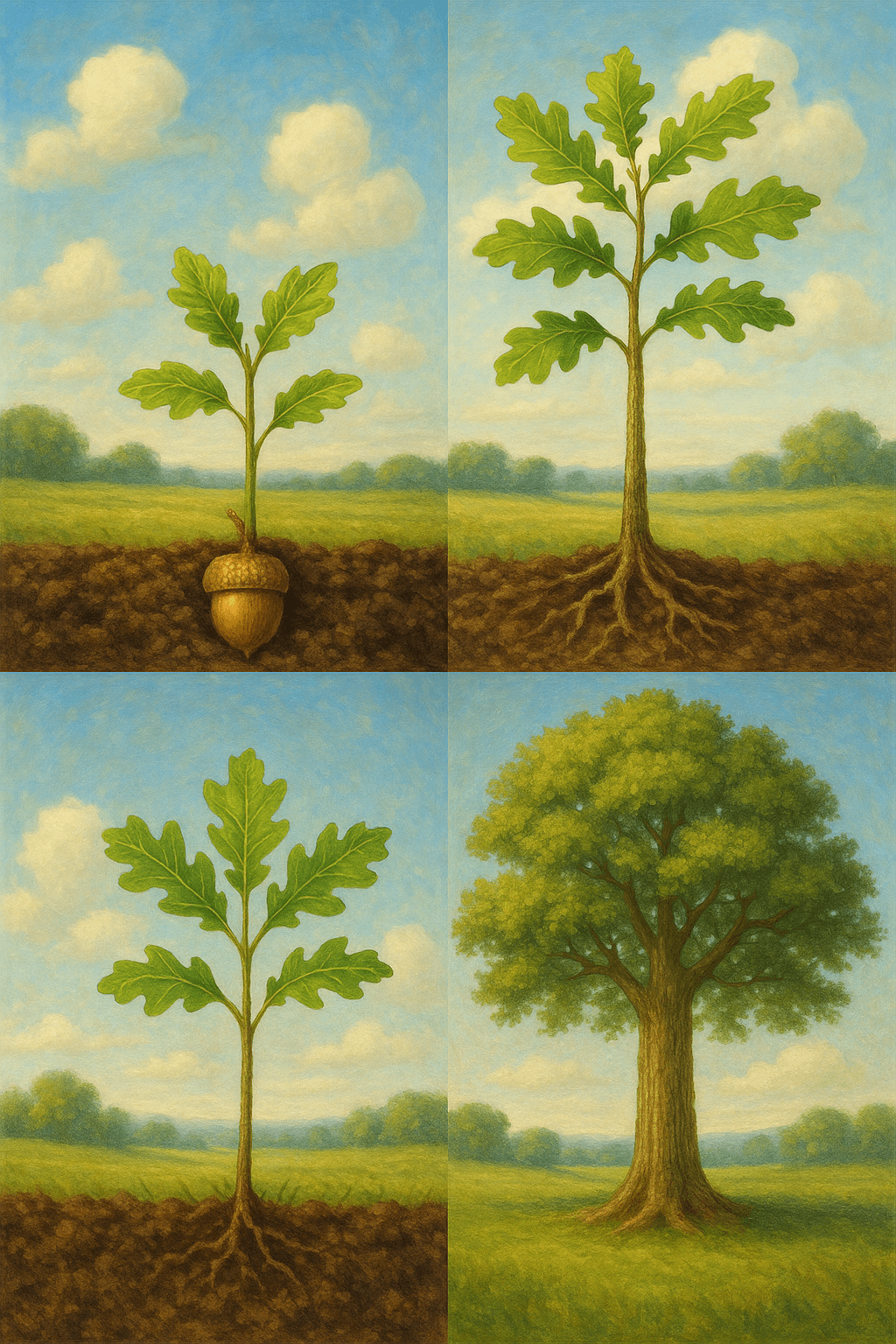The Many Pathways and Perils to Greatness

Be not afraid of greatness: some are born great, some achieve greatness, and others have greatness thrust upon them. — William Shakespeare
Unpacking Shakespeare’s Iconic Line
Shakespeare’s memorable words from 'Twelfth Night' (1601) capture the multifaceted nature of greatness. His triad—being born great, achieving greatness, and having greatness thrust upon one—suggests that exceptional status is neither singular in origin nor always sought. Instead, greatness may arise from birth, deliberate effort, or unforeseen circumstance, setting the stage for a deeper exploration of each route.
Inherited Status: The Fortune of Birth
To begin, some individuals enter the world already positioned for greatness. Royal heirs and scions of influential families are often expected to make an impact, regardless of their personal ambition. For example, Alexander the Great inherited a kingdom and the tutelage of Aristotle, giving him tools and opportunities unavailable to most. Yet, as history shows, noble birth offers potential, not a guarantee—living up to inherited legacies can be as burdensome as it is enabling.
Earned Achievement: Striving for Excellence
Transitioning from inheritance, the second path spotlights those who actively pursue and attain greatness. Figures like Marie Curie and Nelson Mandela rose to global prominence through unyielding dedication and resilience in the face of adversity. Their achievements highlight that greatness is often a product of grit and vision, rather than mere accident of birth. Thus, for many, greatness is not predetermined but forged by relentless effort.
Unexpected Elevation: When Destiny Calls
Others, as Shakespeare notes, have ‘greatness thrust upon them’—finding themselves in extraordinary roles due to chance or necessity. Consider Harry Truman, who became U.S. President suddenly after Franklin D. Roosevelt’s death in 1945. Unprepared for such responsibility, Truman’s tenure exemplifies how unforeseen circumstances can propel ordinary people into greatness, often demanding rapid adaptation and courage.
Embracing Opportunity Without Fear
Seamlessly following this exploration, Shakespeare’s opening injunction—‘Be not afraid of greatness’—urges us to accept opportunity and change, whatever their cause. Whether greatness stems from lineage, effort, or chance, fear can hinder its realization. Ultimately, his wisdom encourages us to rise to the occasion, recognizing that the source of greatness matters less than the courage to accept its challenges.